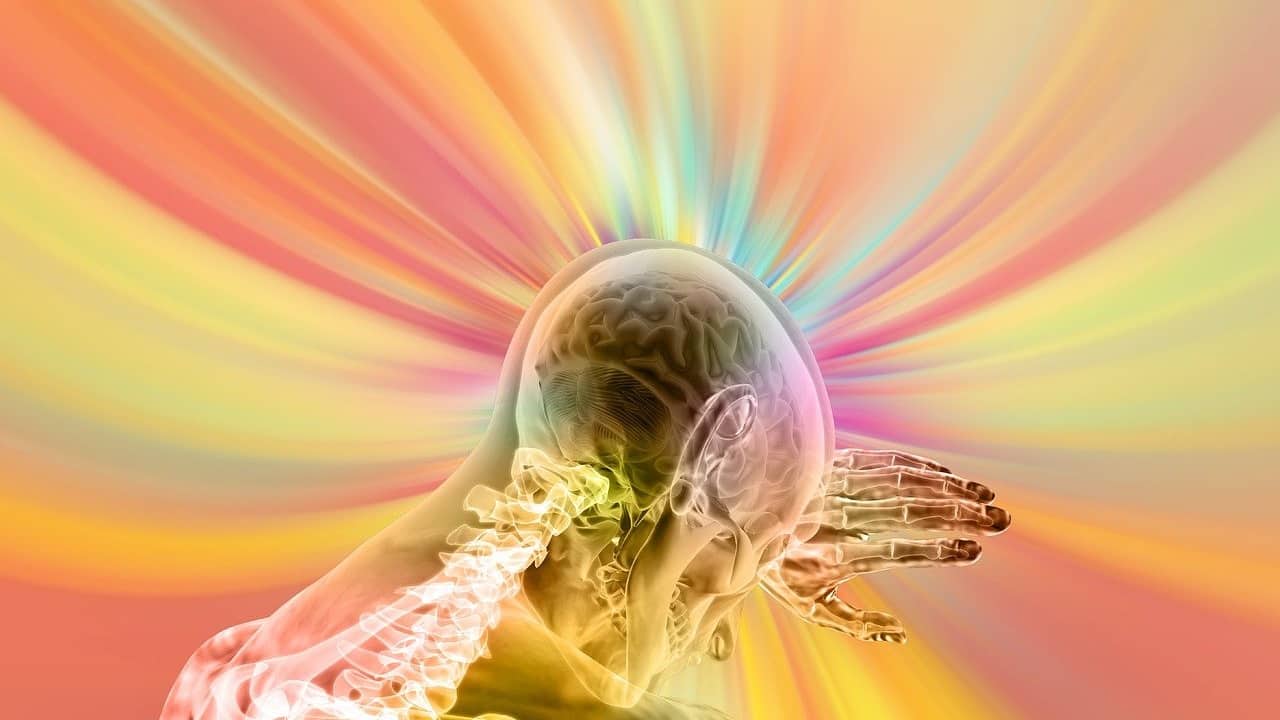Yes, koi fish can eat bread, but it is not a healthy or recommended diet for them. While bread may be readily available and cheap, it lacks the necessary nutrients that koi fish need to thrive. In this article, we will explore the implications of feeding bread to koi fish and provide alternative options for their diet.
1. The Nutritional Value of Bread
Bread primarily consists of carbohydrates, mainly in the form of refined flour. This composition is not suitable for koi fish, as their digestive system is not designed to efficiently process carbohydrates. Feeding a diet high in carbohydrates can lead to various health issues such as obesity, bloating, and organ dysfunction.
2. Potential Risks of Feeding Bread to Koi Fish
Feeding bread to koi fish can pose several risks to their overall well-being:
- Malnutrition: Bread lacks the essential proteins, vitamins, and minerals that koi fish require. Over time, this can result in malnutrition and weakened immune systems.
- Organ Stress: Due to their inability to break down carbohydrates effectively, koi fish may experience stress on their liver and pancreas when trying to digest bread.
- Poor Water Quality: Excessive bread consumption can lead to increased waste production, causing a decline in water quality and potential harm to other aquatic life in the pond.
3. Healthier Alternatives for Koi Fish
To ensure optimal health and growth for your koi fish, it is essential to provide them with a well-balanced diet. Here are some alternatives to bread that you can consider:
- Koi Fish Pellets: Specifically formulated pellets designed for koi fish provide a complete and balanced diet. These pellets contain essential nutrients such as proteins, vitamins, and minerals that promote healthy growth and immune function.
- Fresh Vegetables: Leafy greens like lettuce, spinach, and peas can be offered as occasional treats. Ensure they are finely chopped to prevent any choking hazards.
- Fruits: Small pieces of fruits like watermelon, oranges, or apples can be given as occasional treats. Remember to remove any seeds or pits that may be harmful.
- Insects and Worms: Koi fish enjoy natural food sources like insects, worms, and small crustaceans. These can be provided occasionally as a supplement to their regular diet.
- Commercial Koi Treats: There are specialized treats available in the market made specifically for koi fish. These treats often contain beneficial ingredients like spirulina or shrimp, which can enhance their color and overall health.
4. Feeding Tips for Koi Fish
Here are some essential guidelines to keep in mind when feeding koi fish:
- Feed them small portions multiple times a day, rather than a large meal all at once.
- Monitor the amount of food consumed to prevent overfeeding, which can lead to health problems and poor water quality.
- Remove any uneaten food after a few minutes to maintain a clean pond environment.
- Avoid feeding koi fish during colder seasons when their metabolism slows down.
- Observe their behavior and adjust the feeding routine accordingly.
5. Conclusion
While koi fish can eat bread, it is not a recommended or nutritious option for their diet. Bread lacks vital nutrients and can lead to various health complications. To ensure the well-being of your koi fish, it is best to provide them with a balanced diet consisting of koi pellets, fresh vegetables, fruits, and occasional natural food sources. By following these guidelines, you can contribute to the longevity and vibrancy of your koi fish.
